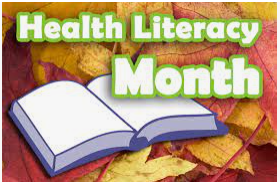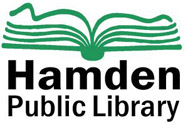
Health Literacy is the degree to which individuals have the capacity to obtain, process, and understand basic health information needed to make appropriate health decisions.
The U.S. Department of Health and Human Services (HHS) addresses both personal health literacy and organizational health literacy in their new Health People 2030 definitions:
- Personal health literacy is the degree to which individuals have the ability to find, understand, and use information and services to inform health-related decisions and actions for themselves and others.
- Organizational health literacy is the degree to which organizations equitably enable individuals to find, understand, and use information and services to inform health-related decisions and actions for themselves and others.
Low health literacy is more prevalent among:
- Older adults
- Minority populations
- Those who have low socioeconomic status
- Medically underserved people
People with low health literacy skills are more likely to:
- Have poor health outcomes, including hospital stays and emergency room visits
- Make medication errors
- Have trouble managing chronic diseases
- Skip preventive services, like flu shots
People with high health literacy skills are more likely to make informed health decisions which increases the likelihood of a healthy and longer life.
Improve and maintain your health literacy with these resources:
Health Resources & Services Administration: Health Literacy
National Institute of Health: Health Literacy
National Library of Medicine: Health Literacy
